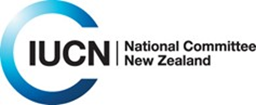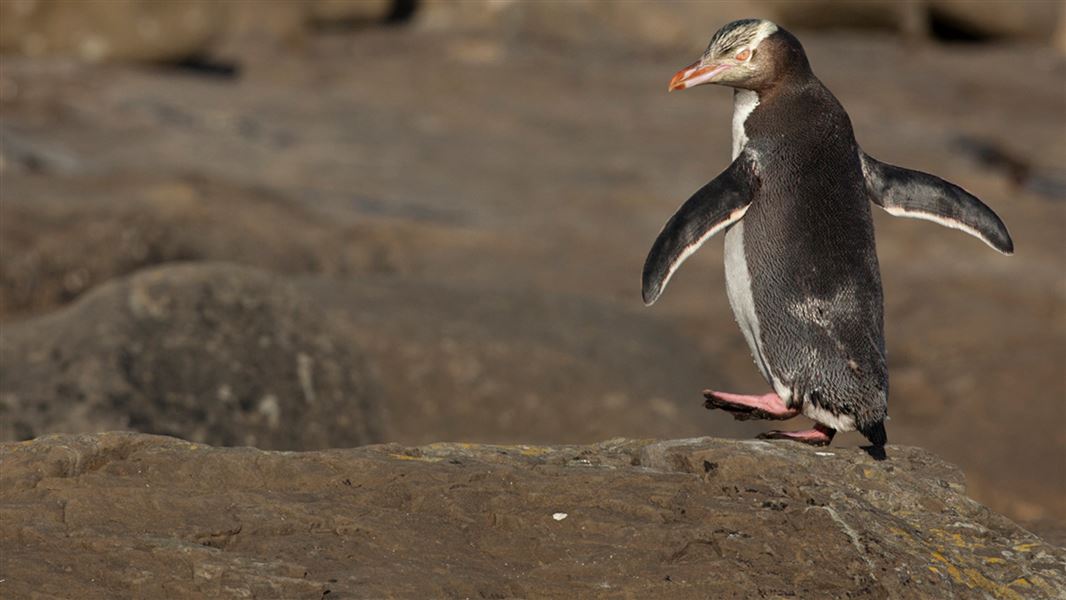IUCN is an international organisation dedicated to natural resource conservation, bringing together states, government agencies and international and national non-governmental organisations. It helps the world find pragmatic solutions to our most pressing environmental and development challenges.
IUCN's mission is to encourage societies throughout the world to conserve the integrity and diversity of nature and ensure that any use of natural resources is equitable and ecologically sustainable. IUCN has three components: member organisations, six scientific commissions, and a professional secretariat.
More about IUCN (International Union for Conservation of Nature)
IUCN Oceania
IUCN Oceania region is comprised of the 24 countries and territories of Polynesia, Micronesia, Melanesia, Australia and New Zealand.
Oceania is geographically one of IUCN’s largest regional programmes, covering over 100 million square kilometres of land and ocean. Oceania also contains a diverse range of ecosystems, from coral reefs to kelp forests, mangroves to montane forests, and wetlands to deserts.
IUCN New Zealand Committee

The New Zealand based members of the IUCN collectively make up the IUCN New Zealand Committee.
This committee promotes the objectives of IUCN.
IUCN NZ Committee members
New Zealand government agency members include:
- Department of Conservation (state party)
- Bioeconomy Science Institute
- New Zealand Conservation Authority
Sub-government member:
New Zealand non-government organisation members include:
- Blue Cradle
- Deep Sea Conservation Coalition
- Environment and Conservation Organisations NZ
- Royal Forest and Bird Protection Society
- World Wide Fund for Nature, New Zealand
- World Association of Zoos and Aquariums (WAZA)
Benefits of being a member of IUCN include:
- creating networks and relationships with other government and conservation organisations
- access to key scientists and decision makers
- being part of a collective conservation platform for discussion, and
- access to technical and scientific information to support conservation related decision-making.
The committee meets approximately every 2 months.
